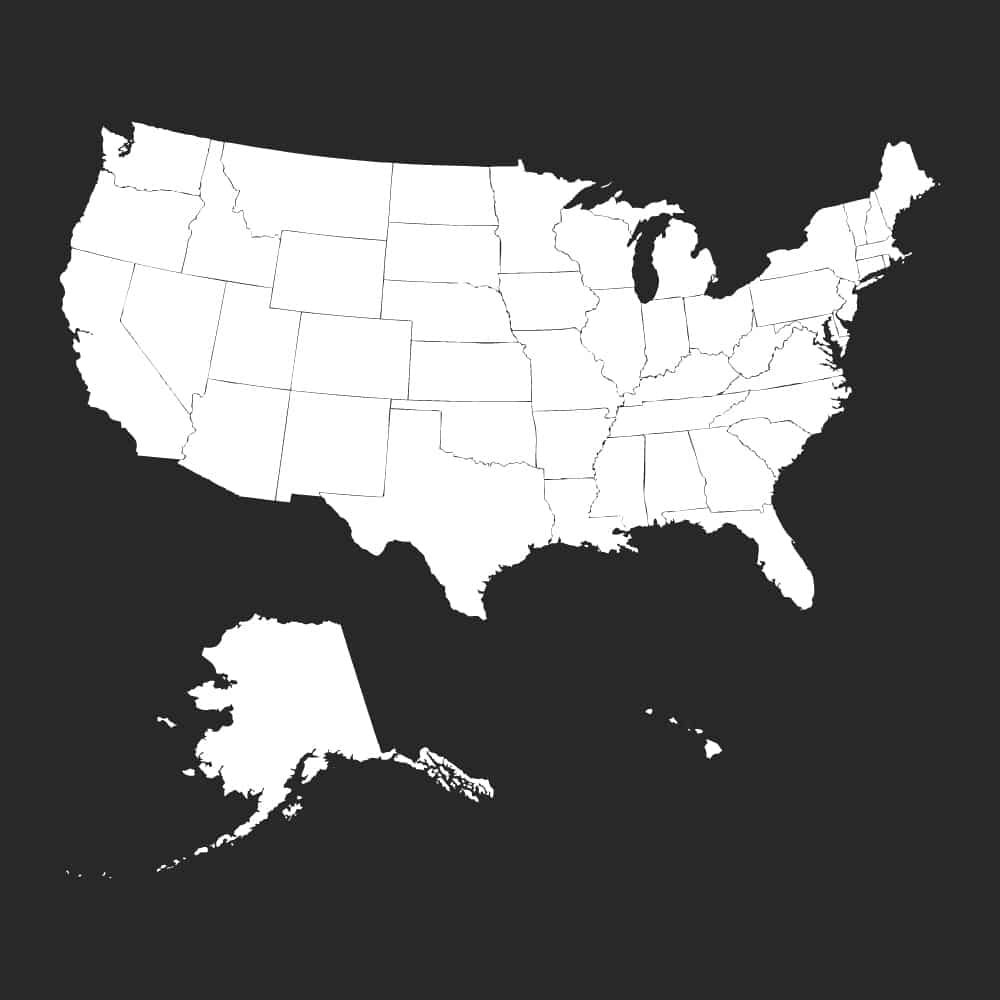
Whether or not your Praxis score is a passing score depends on your state. If you just took the Praxis Core, or are studying to take it, make sure you are aiming for your state Praxis passing score. Also remember that not all states require the Praxis test for licensure.
Praxis Core Math
For most states that require the Praxis, the state Praxis passing score for the Math subtest is 150. This applies to the following states/territories: Alaska, Arkansas, Washington D.C., Delaware, Hawaii, Kentucky, Louisiana, Maryland, Mississippi, North Carolina, North Dakota, Nebraska, New Hampshire, New Jersey, Nevada, Oklahoma, Oregon, South Carolina, Tennessee, Virginia, Vermont, Wisconsin, West Virginia, Dept. of Defense Education Activity, American Samoa, Guam, Northern Mariana Islands, and U.S. Virgin Islands.
Washington and Pennsylvania require a 142 (see Pennsylvania notes below).
Praxis Core Reading
All states and territories require a 156 for the state Praxis passing score, but check the odd state rules below.
Praxis Core Writing
With the exception of North Dakota, the state Praxis passing score for Writing is 162. North Dakota only requires a 160, but there are some odd other rules they require.
Odd State Rules
Here are the weird rules for Maine, North Dakota, and Pennsylvania, according to ETS.
Maine Notes
- All Areas, K–12 (except Career and Technical Education) require (1) meeting the passing score of 150 for Core Academic Skills for Educators: Mathematics (5732); meeting the passing score of 156 for Core Academic Skills for Educators: Reading (5712); and meeting the passing score of 162 for Core Academic Skills for Educators: Writing (5722), or (2) achieving a combined total score of 468 with no single score on any section being more than 3 points lower than the required score.
- Career and Technical Education requires (1) meeting the passing score of 147 for Core Academic Skills for Educators: Mathematics (5732); meeting the passing score of 153 for Core Academic Skills for Educators: Reading (5712); and meeting the passing score of 156 for Core Academic Skills for Educators: Writing (5722) or (2) achieving a combined total score of 456 with no single score on any section being more than 3 points lower than the required score
North Dakota Notes
- ND Licensure for all areas requires (1) achieving a combined total score of 466 and meeting the passing scores on any two of the three tests or (2) meeting the passing score of 150 for Core Academic Skills for Educators: Mathematics (5732); meeting the passing score of 156 for Core Academic Skills for Educators: Reading (5712); and meeting the passing score of 160 for Core Academic Skills for Educators: Writing (5722).
Pennsylvania Notes
- PA Initial Licensure (all areas, Instructional I, Educational Specialist I): requires meeting the passing score of 142 on Core Academic Skills for Educators: Mathematics (5732); meeting the passing score of 156 on Core Academic Skills for Educators: Reading (5712); and meeting the passing score of 162 on Core Academic Skills for Educators: Writing (5722).
- PA Vocational Instructional I requires meeting the passing score of 148 on Core Academic Skills for Educators: Reading (5712) and meeting the passing score of 158 on Core Academic Skills for Educators: Writing (5722).
- PA Vocational Instructional II requires meeting the passing score of 142 on Core Academic Skills for Educators: Mathematics (5732)
Praxis Subject Tests
You can look up all the scores for any subject test along with the state requirements on the ETS website. You’ve probably noticed that there isn’t a ton of variability in state Praxis passing score requirements. That makes things easier so you can just focus on studying. Or, at least, focus on waiting patiently for your scores to come back. 😉 Good luck!





Leave a Reply